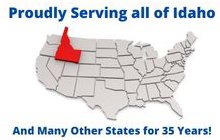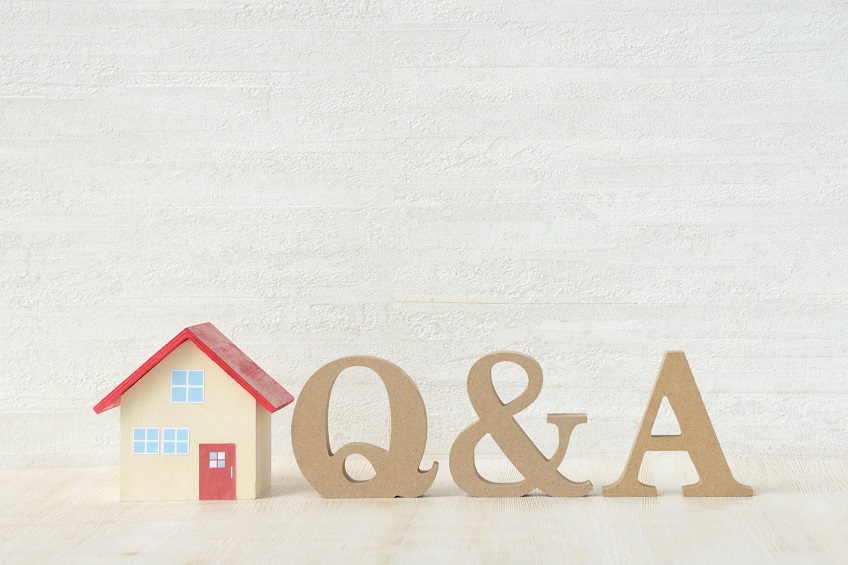We know the mortgage industry can be intimidating, and you probably have many questions even if you’re not looking to buy a home. This post covers some common questions about mortgages. Let’s get started!
What factors affect loan qualification?
It’s important for lenders to understand their risk when lending money. It may feel tedious and intrusive, but the process protects all parties involved. Lenders need to get information on your current work status and work history, your income and debts, any assets you have, and how much money you plan to put down on the home. If you’ve met with a lender in the past and felt pressured or confused, you need to find a new one.
How much should I save for a downpayment?
There are some loans that don’t require a downpayment, however we suggest homebuyers to save up at least 10%. If you can come in with 20%, that’s even better because you can forgo paying for private mortgage insurance (PMI). PMI is an added monthly cost that doesn’t get applied to your mortgage. A downpayment provides you with an advantage when paying off your home, and you start off with a lower monthly payment because you won’t need to finance as much.
Can you get a mortgage without a credit score?
The short answer to this is yes, but there are a few more steps involved. If you don’t have a credit score, you will need to go through something called manual underwriting. This means you’ll need to go through some additional paperwork that the underwriter personally reviews. It takes a bit longer, but if you’re completely debt-free, it can be worth it.
What is the difference between pre-qualified and pre-approved?
We have a detailed blog about this here, but basically a pre-qualification is a quick process we can do to see what you can afford to buy. It’s a simple conversation about assets, income, and downpayment. Pre-approval is more finite and requires verification of your financial information and a submittal of your loan for preliminary underwriting. Pre-approvals carry more weight than a pre-qualification when it comes to writing offers.
How much house can I afford?
This is personal, but we recommend keeping your mortgage payment to about 25% of your monthly take-home pay. You do need to have a budget before you get shopping to ensure your purchase is an asset and not a liability. Consider your DTI ratio and opt for a practical payment to ensure you can enjoy homeownership.
Which mortgage option is right for me?
Many factors go into deciding on the right mortgage. Some factors will be personal and some will simply be what you qualify for. Common mortgage types include Adjustable-rate mortgages (ARM), Federal Housing Administration (FHA) loans, Department of Veteran Affairs (VA) loans, and Fixed-rate Conventional loans. Factors that will help you decide include budget, upfront costs, length of loan, and interest rates. The only way to determine the right loan for your situation is to sit down with one of our qualified lenders.





